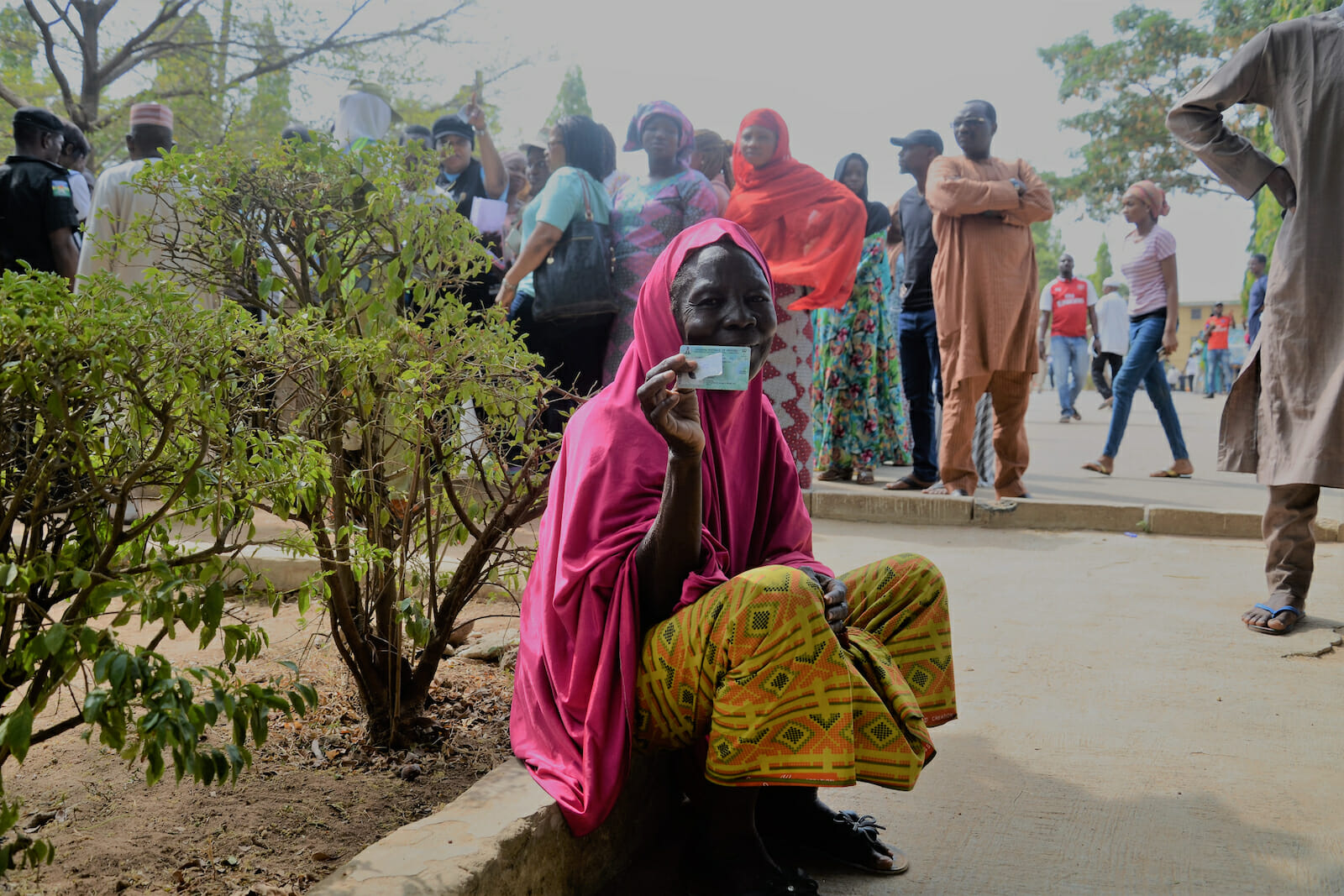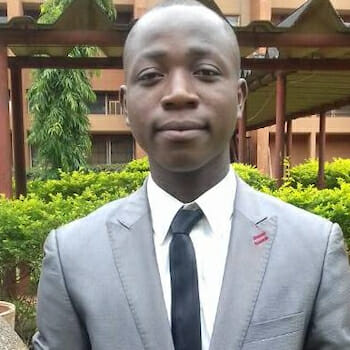
Why Elections Won’t Solve Nigeria’s Problems
Last weekend, Nigerians, by the millions, went to the polls to elect candidates of their choice to different elective offices: Presidential, Senate and House of Representatives respectively. On March 9th they will vote for the Gubernatorial and House of Assembly elections.
The two major candidates that contested the presidency- incumbent President Muhammadu Buhari and Vice President Atiku Abubakar- of which the latter was declared the winner by the Independent National Electoral Commission (INEC) are not new to the political terrain. However, elections will not solve Nigeria’s numerous problems.
Yet it is unsettling that the Nigerian electorates have become so depended on elections and leadership generally to address their various problems. It is worrisome that after twenty years of uninterrupted democracy, Nigeria, though not without any progress, leaves much to be desired of a nation so endowed with mineral and human resources.
Our major problem in Nigeria does not dwell only with leadership, as many will want to argue. Chinua Achebe’s popular claim that Nigeria’s problem is due to leadership is valid. It is unfortunate that most of our leaders since independence are those who never see any need to better the lots of those who voted for them but instead enrich their pockets.
But leadership is not Nigeria’s only problem. The problem also rests with the electorates. Unarguably, people remain the most important element of any democracy. Abraham Lincoln’s defined democracy as “government of the people, by the people and for the people,” shows that people largely determine the tone and rhythm of leadership in a democratic rule. The age-long maxim that “the power in the people is greater than the people in power,” also demonstrates how crucial the people are to the effective and efficient functioning of democracy.
When the people are critical, have unity of purpose and are not driven by religious, ethnic and other divisions, our leaders are forced to carry out their mandate. There is ample evidence supporting how much people matter in the democratic process. In the first place, for all the promises made by the All Progressives Congress (APC) in 2015, its victory over the then ruling Peoples Democratic Party (PDP) would have been impossible but for the fact that the people craved an alternative to PDP’s 16-year rule and the general apathy that characterized that period, caused by the rising insecurity.
The 1993 election reflected the will of the people- the fulcrum of democracy.
Unfortunately, this is not the case in Nigeria today. The majority of Nigerian electorates today are those who are either suffering from low self-esteem, created by poverty and growing inequality between the poor and the rich or those who do not see any need to engage themselves in the process of bringing about good governance which has made it a largely impossible mission for the few who dare to do things right. Without any scintilla of doubt, we need not be told that we can’t make headway as a nation with this mindset. His allows our leaders (politicians) who are expected to be responsive to us and use state resources judiciously for the benefit of the society demi-gods, all-powerful and out-of-control.
It is sad how easily some Nigerians are swayed during elections and sacrifice their conscience for monetary gains. Understandably, Nigeria has an odious stigma of widespread poverty. A recent report by report by Brookings Institution ranks Nigeria as the world’s poverty capital with a population of 200 million people- a position earlier occupied by India with a population of 1.324 billion people. There is also ballooning unemployment. For how long are we going to continue selling our conscience for fleeting benefits and risk our collective future?
The youth, except for a few, are offering no respite to arrest the situation. Days of active students’ unionism are fading. Many of our youth are becoming less critical of government actions and more concerned about how to become rich overnight.
What Nigeria of today needs are electorates (followers) who are consumed by a team spirit to take the country out of the woods; electorates who refused to be swayed by political, religious and ethnic sentiments- that have stagnated us for long and ones with dogged determination to be involved in the process of fostering good governance.
The leaders will not do right when the led see no reason to challenge, criticize and probe actions of those they elect. At this point of nationhood, we need more of active electorates (followers) in Nigeria and only then can we dream of a better and prosperous country.
